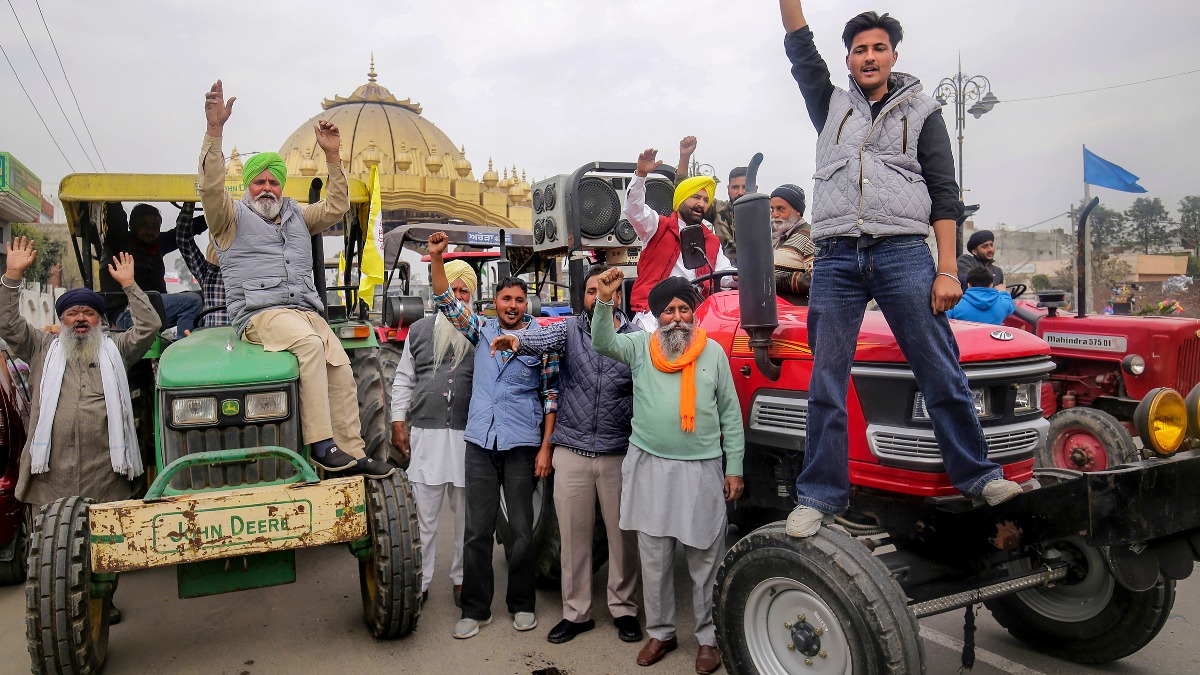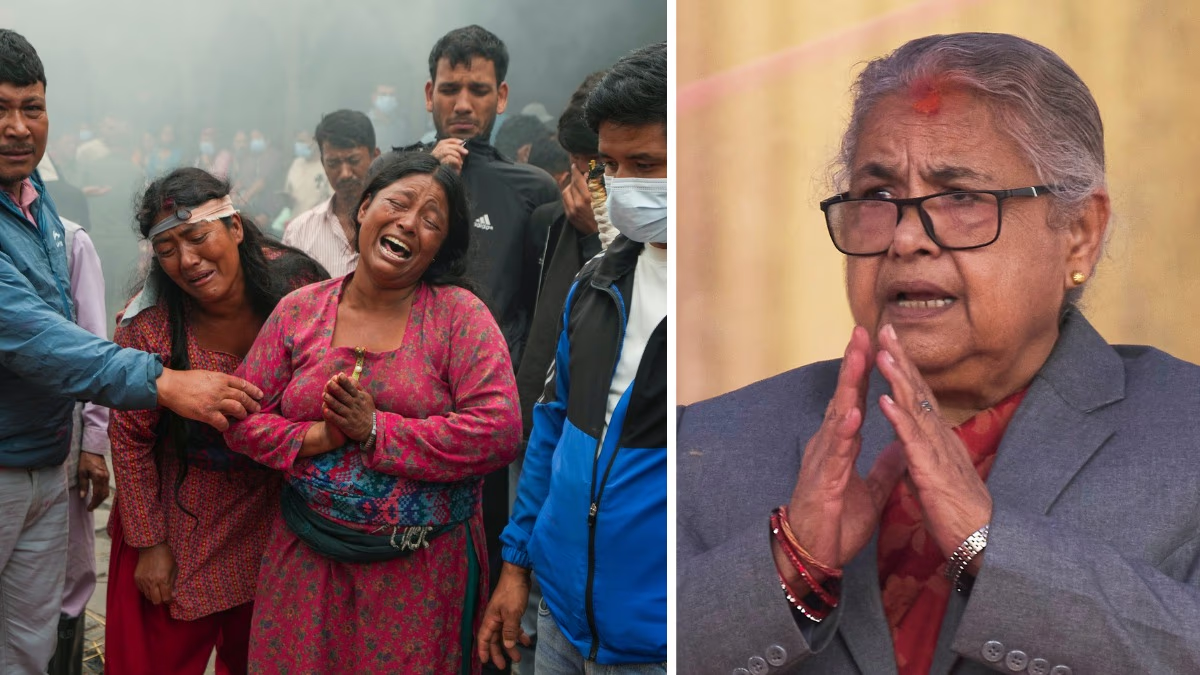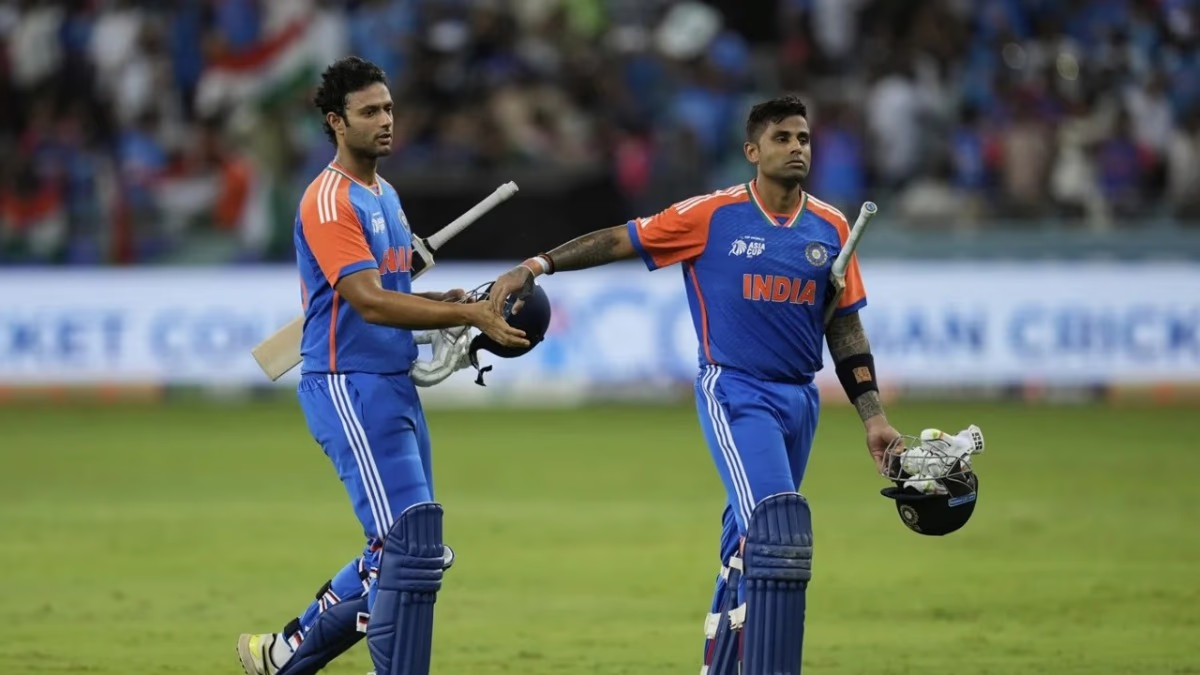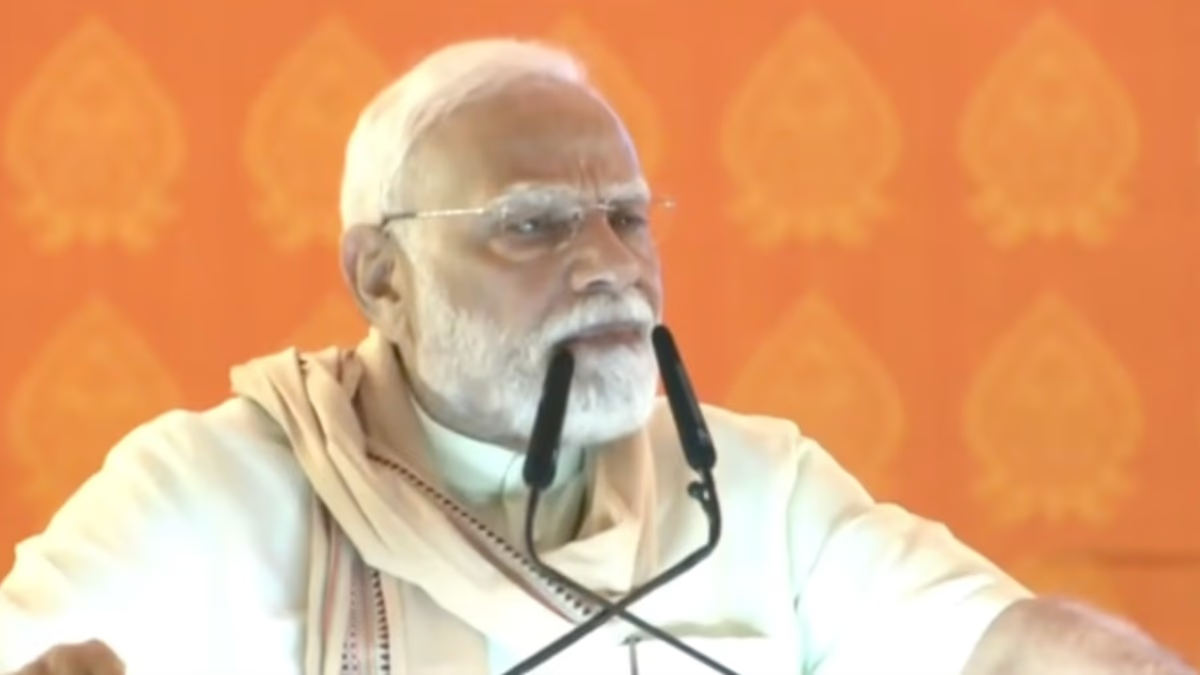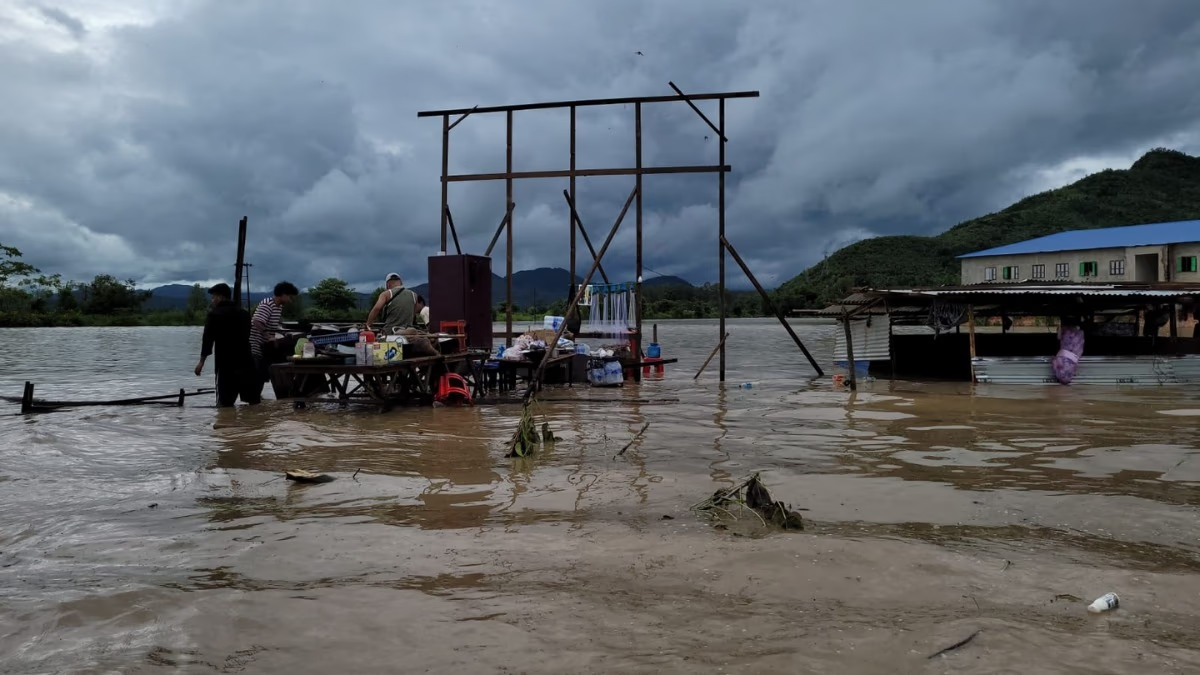Farmers Protest WTO:
Led by the non-political United Farmers Front, farmers today unleashed a tractor rally. Tractors became makeshift banners on the highways of Punjab and Haryana.
This Monday's tractor march was launched against the World Trade Organization, with farmers yearning for India's exit from the WTO. During this, demonstrators at the Shambhu border also symbolically 'hanged' a WTO effigy.
The farmers' demonstration comes at a time when an important WTO conference is taking place in Abu Dhabi from February 26 to 29. Farmers' leader Sarwan Singh Pandher expressed that agriculture should be exempted from the WTO.
This is not the first instance of such demands. Farmers have long been voicing the need to step away from the WTO.
But why?
Farmers' associations label WTO policies as antagonistic to agrarians. Shamsher Singh Numberdar of the All India Kisan Sabha claims that the government can't provide legal MSP guarantees because of the WTO.
Farmer leader Sarwan Singh Pandher stated, 'Until 1995, India operated independently regarding its agricultural policies, but things changed upon joining the WTO.' He insists that without removing agriculture from the WTO's policies, justice for farmers will remain elusive.
Jagjit Singh Dalewal, president of the Bharatiya Kisan Union Ekta Siddhupur, argued that WTO policies are tightening the screws on Indian farmers.
He claimed, 'WTO policies aren't favorable for Indian farmers. Without guarantees for MSP, farmers' survival is not feasible. The WTO has continually pressed developing countries like India to halt MSP.'
Dalewal asserted that while some countries provide subsidies of up to $80,000 per farmer, India offers a mere $27-28,000.
What's WTO's Role?
The World Trade Organization, established on January 1, 1995, is the sole global entity that sets rules for international trade among countries.
Most nations including India since 1995, are WTO members. Its purpose is to maintain a global system for trade rules and settle disputes between countries.
The WTO sees subsidizing farmers or local producers as detrimental. The belief is that excessive subsidies affect the international market.
Developed countries have long pressured India to refrain from significant subsidies to its farmers, claiming it affects global markets.
Subsidies Divided into Three
WTO divides subsidies into three: the Amber Box with subsidy limits of up to 10% of total production for developing countries and 5% for developed countries.
The Green Box includes subsidies with minimal or no trade impact. The Blue Box has no expenditure limit on subsidies.
India, however, subsidizes more than the 10% limit. For example, in 2020-21, India's rice production was valued at $45.56 billion, with subsidies of $6.9 billion, equating to 15.14% subsidy on total production. India often faces opposition for exceeding subsidy limits.
Will Exiting WTO Solve Farmers' Woes?
Farmers' groups urge the Government of India to exit WTO, claiming that without doing so, a law on MSP cannot be enacted.
Farmers' leader Sarwan Singh Pandher, in a media statement, noted that every American farmer receives $85,000 in subsidies annually, whereas Indian farmers get only $258.
Pandher highlighted that while American farmers typically own 400 acres, Indian farmers usually have 3-4 acres, making MSP critical for their survival.
Can India Exit?
India has been a member since the WTO's inception and withdrawal is not as simple as it seems.
Experts suggest that MSP guarantees can be offered without leaving the WTO, citing the 'Peace Clause' from the 2013 WTO meeting, allowing countries to exceed subsidy limits for food security.
This temporary measure indicates there's no legal guarantee to surpass the 10% subsidy, but it does mitigate the issue temporarily.
